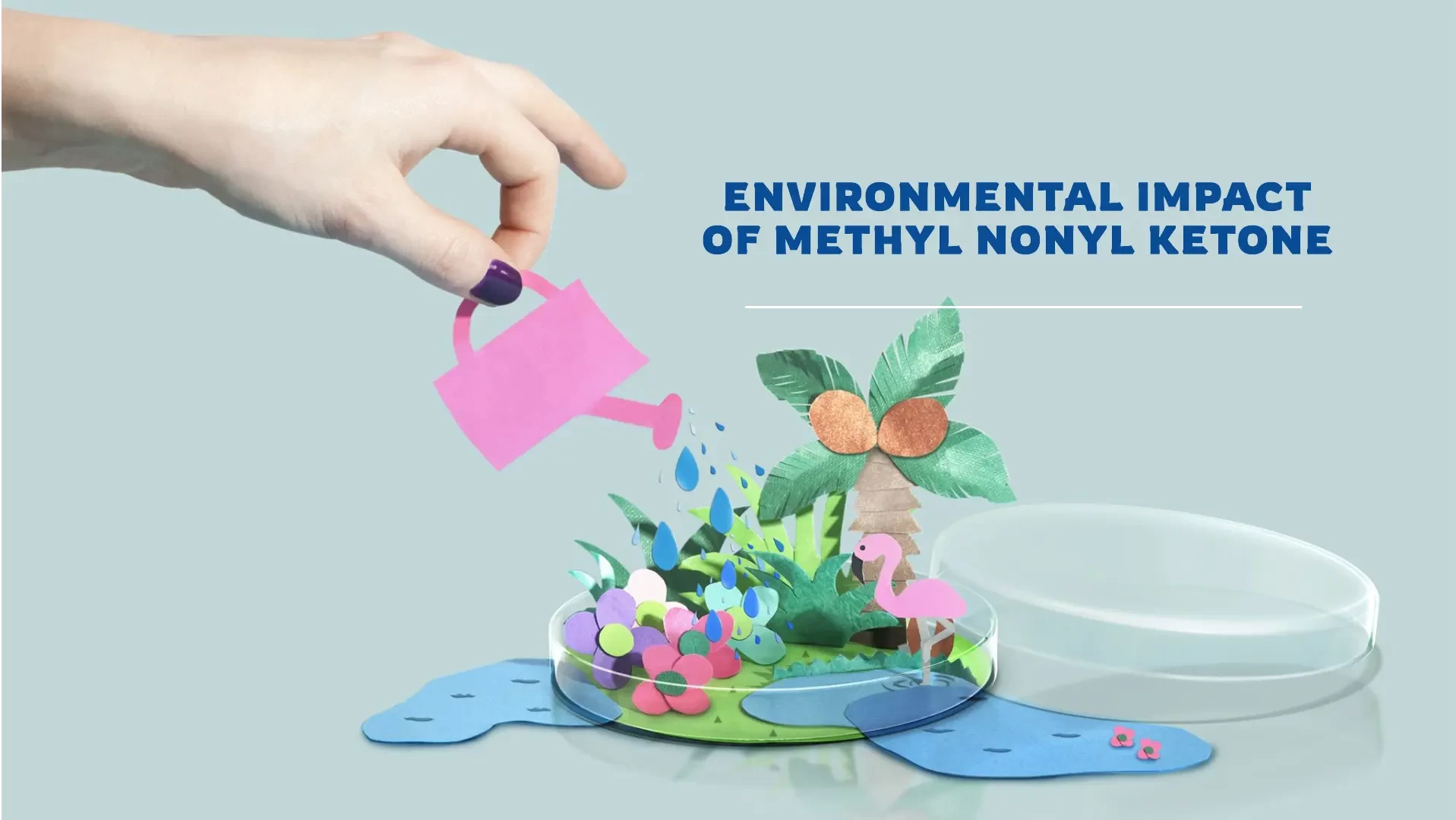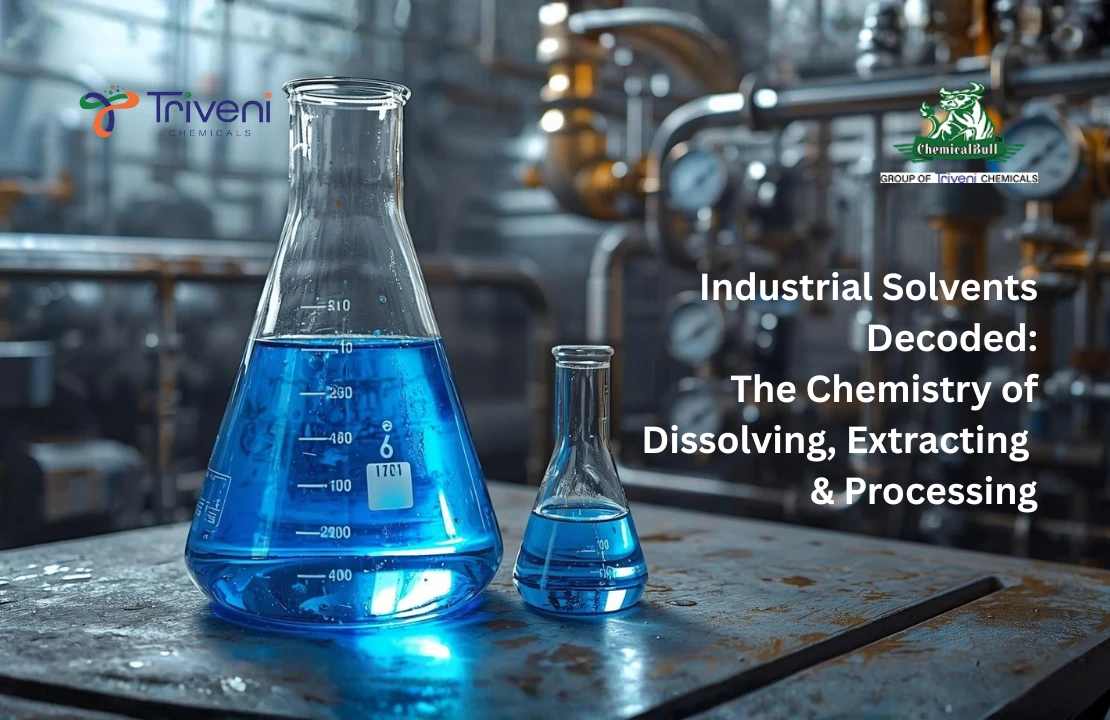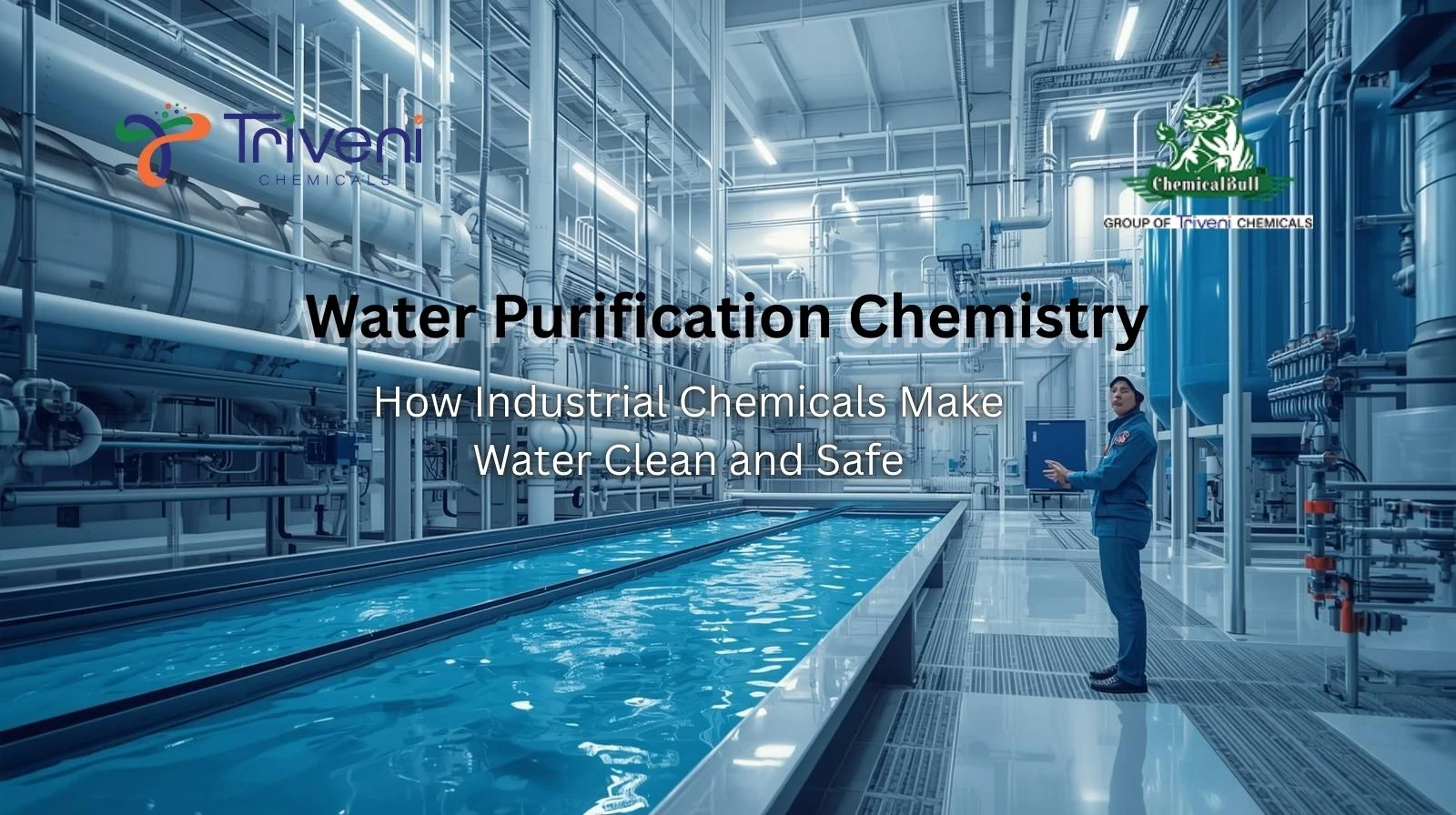Environmental Impact Of Methyl Nonyl Ketone
Methyl Nonyl Ketone, also known as MNK or methyl heptyl ketone, is an organic compound with the chemical formula CH3(CH2)6C(O)CH3. It's a colorless liquid with a distinct, pleasant smell. MNK is commonly used as a solvent in various industrial applications, such as paints, coatings, adhesives, and cleaning products. Additionally, it finds use as a fragrance ingredient and in the production of other chemicals. However, it is important to handle MNK with care due to its potential health hazards and environmental impact.
Environmental Impact
1. Air Pollution: MNK can contribute to air pollution if released into the atmosphere during manufacturing, handling, or application processes. Its volatile nature can lead to the formation of volatile organic compounds (VOCs), which can contribute to smog formation and air quality degradation.
2. Water Pollution: MNK may enter water bodies through runoff or improper disposal practices, posing risks to aquatic ecosystems. It can be toxic to aquatic organisms and may bioaccumulate in the food chain, potentially causing harm to aquatic life.
3. Soil Contamination: Spills or improper disposal of MNK can lead to soil contamination, affecting soil quality and potentially harming plants and soil-dwelling organisms.
4. Health Risks: MNK exposure can pose health risks to humans, including irritation of the eyes, skin, and respiratory system. Prolonged or high-level exposure may lead to more severe health effects, including neurological and reproductive issues.
5. Persistence and Bioaccumulation: MNK can persist in the environment for an extended period and may bioaccumulate in living organisms, leading to potential long-term impacts on ecosystems and human health.
To mitigate the environmental impact of MNK, it's essential to use it responsibly and adopt practices such as proper storage, handling, and disposal. Additionally, exploring alternative solvents or greener technologies can help reduce reliance on potentially harmful chemicals and minimize environmental risks.
To buy methyl nonyl ketone online, use various platforms.
1. Chemical Directories: Online chemical directories such as ChemNet, ChemExper, and ThomasNet provide comprehensive listings of chemical manufacturers, Methyl nonyl ketone exporters, and suppliers worldwide. You can search for MNK or related keywords to find relevant suppliers.
2. B2B Marketplaces: Platforms like Alibaba, Global Sources, and Made-in-China connect buyers with chemical suppliers and manufacturers. You can search for MNK and browse through product listings, supplier profiles, and contact information.
3. Trade Shows and Exhibitions: Attend industry-specific trade shows and exhibitions related to chemicals and specialty solvents. These events often feature exhibitors showcasing their products and services, providing an opportunity to network with suppliers and manufacturers.
4. Online Chemical Portals: Websites dedicated to chemical trading and procurement, such as ChemSources or ChemicalRegister, allow users to search for specific chemicals and connect with suppliers worldwide.
5. Chemical Distributors: Contact chemical distributors or wholesalers in your region who may carry MNK or similar chemicals. They can offer details on availability, pricing, and delivery alternatives.
6. Online Marketplaces: Explore online marketplaces like Amazon Business or eBay for chemical purchasing options. However, exercise caution and ensure compliance with safety regulations and handling guidelines when buying chemicals online.
When purchasing chemicals online, it's essential to verify the credibility and reliability of suppliers, ensure compliance with regulatory requirements, and follow proper safety protocols for handling and storage. Additionally, consider factors such as product quality, pricing, shipping options, and customer reviews before making a purchase decision. Chemical bull is also a well known supplier and exporter of MNK.
To protect against environmental impact, use these strategies
1. Proper Handling: Ensure that MNK is handled with care and according to safety guidelines to minimize the risk of spills or leaks.
2. Storage: Store MNK in appropriate containers and facilities to prevent accidental releases into the environment.
3. Disposal: Dispose of MNK properly according to regulatory requirements and industry best practices to prevent contamination of soil, water, or air.
4. Use Alternatives: Explore alternative solvents or greener technologies that have a lower environmental impact compared to MNK.
5. Pollution Prevention: Implement pollution prevention measures, such as leak detection systems and spill containment measures, to minimize the risk of environmental contamination.
6. Education and Training: Provide education and training to personnel handling MNK to raise awareness about its environmental risks and proper handling procedures.
7. Regulatory Compliance: Ensure compliance with relevant environmental regulations and standards governing the use, handling, and disposal of MNK.
8. Monitoring and Reporting: Regularly monitor MNK usage and environmental conditions to detect any potential issues early and report any incidents or releases promptly.
By following these strategies, individuals and organizations can help minimize the environmental impact of MNK and protect ecosystems and human health.
In conclusion
Methyl nonyl ketone (MNK) poses significant environmental concerns due to its potential to contribute to air and water pollution, soil contamination, and adverse health effects. To mitigate these impacts, responsible handling and disposal practices are crucial, along with exploring alternative solvents and greener technologies. Various resources such as chemical directories, B2B marketplaces, and chemical distributors can help in sourcing MNK responsibly. Overall, proactive measures are necessary to minimize MNK's environmental footprint and safeguard both the environment and human health.







